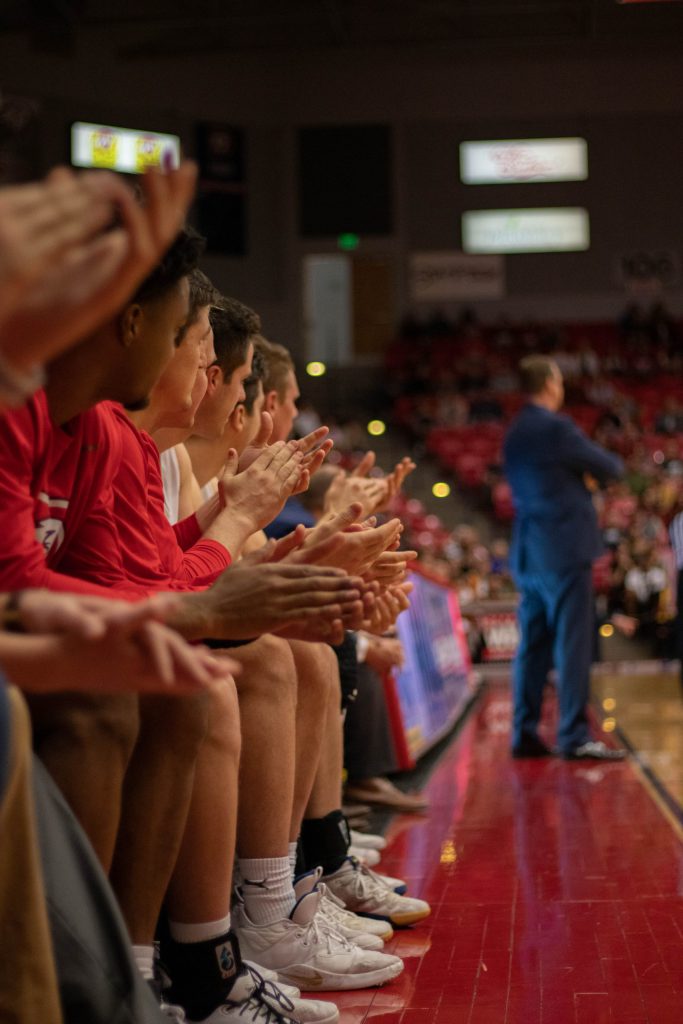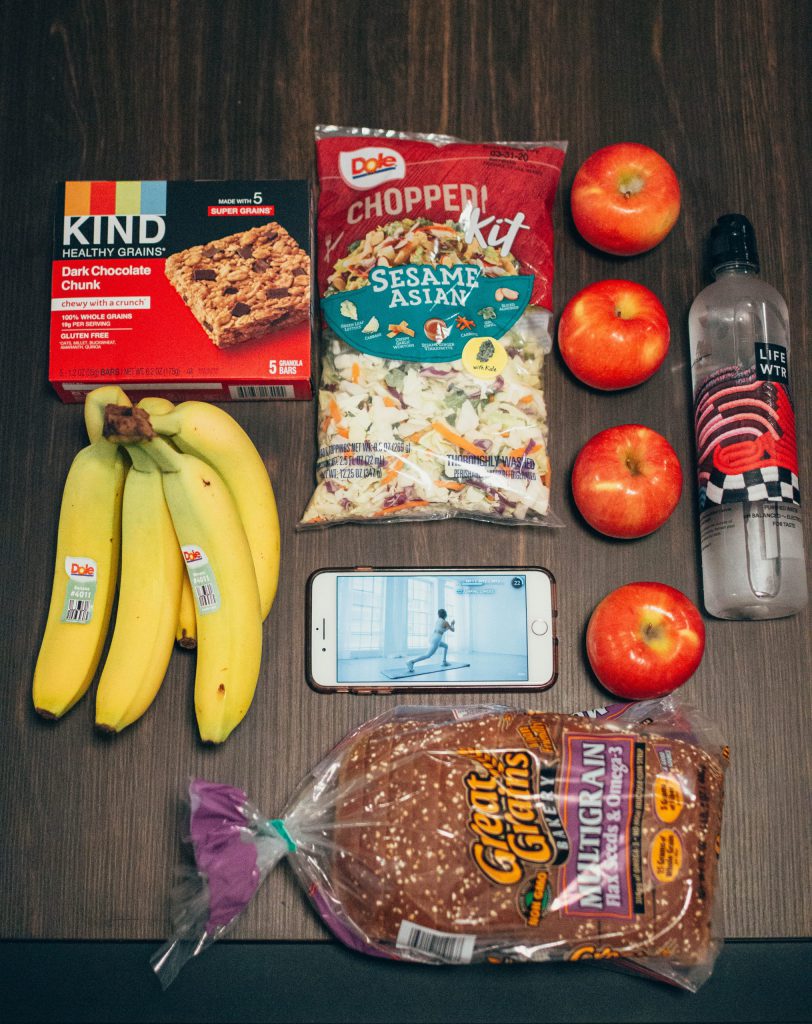“Come on Ben, it is a lock,” my friend told me. “It’s only $100 if you lose, but when you hit $1,500, it’ll be worth it.”
Long gone are the days when people had to place illegal bets through sketchy bookies.
Now real-time sports betting is standard for sports betting apps. It is doable to bet on anything and everything in sports. It is possible to bet on teams to win, players to score, the number of rebounds a player will get, whether specific players will score a touchdown, a team’s total points, and even absurd things like the color of the Gatorade the Super Bowl’s winning coach will get showered in post-game.
College students who are susceptible to falling into the trap of sports betting are becoming addicted. The trap is just gambling in one of its many forms. I know that sports gambling is thrilling, just like any other form of gambling, and because it is so accessible, it is easy to become addicted.
It is imperative that anyone who chooses to gamble on sports be wary.
Since 2018, sports betting has become legal in most of the United States. The Supreme Court struck down a federal ban on sports betting and paved the way for individual states to legalize sports betting on a state-by-state basis. Currently, sports betting is legal in 37 states across the U.S. and the District of Columbia.
College students are specifically being targeted. Several universities have signed deals with sports gambling companies. It is a baffling concept that an institution of higher education would sign a partnership with a sports gambling company.
Students are targeted with “risk-free” bets and initial deals where sportsbooks with 10 times or more the initial amount of money someone put into sports betting apps. These seemingly harmless beginnings have led many down the path of gambling addiction.
One university that signed a deal with a sports gambling company is the Louisiana State University—Baton Rouge. They signed a deal with Caesars Sportsbook in 2021. An email was sent out from GEAUX-MAIL, the official email of LSU Athletics, to everyone on the email list offering $300 in free bets after an initial $20 wager when using the promo code LSU300.
Since then, LSU has decided to end its deal with Caesars, but the deal lasted for two years nonetheless.
College students think they are smarter than sportsbooks simply because they watch sports in their free time. College students getting hooked on sports gambling could potentially make a whole generation of degenerate sports gamblers.
According to a meta-analysis conducted by professors at the University of Buffalo, over 10% of college students are probable pathological gamblers. The general public is comparatively estimated to have 2-5%, which means college students are two to five times more likely to be probable pathological gamblers than the general public.
Don’t get me wrong. There is nothing wrong with sports gambling so long as it never becomes an addiction, but sports gambling is a slippery slope.
When done responsibly, there is no harm in sports gambling, but so many people think they have limits set and then blow past them after losing money on a big game. It is hard for so many to keep it under control.
According to the National Council on Problem Gambling in 2021, calls to the National Problem Gambling Helpline increased by 43%, texts increased by 59.8% and chat volume increased by 84.1%. These increases have been directly linked to the legalization of sports betting.
This past NFL season, regular-season games averaged 17.9 million average viewers. This makes last season the second most viewed NFL season on record. The only season on record that had more average viewers was 2015 with 18.1 million average viewers.
This year’s Super Bowl was the most-watched telecast of all time to date. It is estimated that 123.7 million people tuned in for the Super Bowl.
The legalization of sports gambling has been attributed to this rise in viewership that the NFL is seeing.
It has also impacted bettors who do not have to wait until they are 21 to gamble on sports.
The legal gambling age across every state where gambling is legal is 21, but fantasy apps have exposed loopholes in states’ laws that legalized mobile gaming. They are effectively allowing 18-20-year-olds to gamble on sports under the fantasy gaming umbrella. Many college students are taking advantage of the fact that they don’t have to wait until they are 21 to gamble.
I know at least two dozen college students who are not 21 who still put money on games and players through the fantasy app loophole.
All of this together is the perfect storm for college students, specifically to get severely addicted to sports gambling.
Once sports gambling becomes an addiction, it can ruin anyone’s life and become a crippling financial burden forever.
I would caution anyone, not just college students, who are thinking about taking a “risk-free” wager or an initial offer that will be 10 times the money they are putting into a sports betting app to think about what the long-term cost might be before they take the offer.




